- Home Page
- Company Profile
-
Our Products
- Bio Pesticides
- Bio Larvicide
- Agri Inputs
- Bio Insecticide
- Biopesticides Products
- SomGuard SilCop
- Somstar Ha
- AgriLife Downycare (Fusarium proliferatum)
- Derisom 2% EC (Karanjin)
- AgriLife ANOSOM (Annonin Extract)
- AgriLife Seedguard
- Margosom Tech
- Margosom 1% EC (Azadirachta indica (Neem))
- AgriLife BorerGuard
- Racer (Beauveria bassiana)
- AgriLife Biokuprum
- Downycare (Fusarium proliferatum)
- Annonin 1% EC (Anosom)
- AgriLife Bionemagon
- Pacer (Metarhizium Anisopliae)
- AgriLife - Lipel (BTK) Bacillus thuringenesis var kristaki
- AgriLife Paecilo
- Margosom 0.15% EC (Azadirachta indica (Neem))
- Margosom 0.03 % EC (Azadirachta indica (Neem))
- Mealikil (Verticillium Lecanii)
- Agrilife BioFit (Biological Fungicide)
- Liquid Margosom CPNKO
- Ecosom - TH (Trichoderma harzianum)
- Margosom 0.30% EC (Azadirachta indica (Neem)3000PPM)
- AgriLife Sheathguard (Pseudomonas fluorescens)
- Bindu (Silicon Liquid-All Purpose Spray Adjuvant & Penetrator)
- AgriLife Biotilis
- Trichoderma Viride - Ecosom TV
- Diebackcare (Microbial consortia)
- Margosom NF
- Bio Fertilizers
- Bio Stimulant
- BIOHUME- Gr Vermicompost
- Stoma EC Triacontanol
- AgriLife RootamBio- SP
- Somzyme - SP
- AgriLife Agri Boom
- Agrilife Oxyrich
- AgriLife Stimula
- Agri Life Kohinoor
- Biohume GR Vermicompost Granuels
- AgriLife - Biohume SL
- Stoma GR Growth Promoters
- Stoma EW (Triacontanol EW 0.1 %) Plant Growth Promoters
- Biofertilizer Pgpr Kohinoor
- BIOHUME SL (Vermicompost Extract)
- AgriLife Lesino TM
- AMINOCID - SP
- AgriLife U -MIN
- Aminocid GR (Amino Acid Granuels)
- AgriLife Somzyme -GR
- Nanotech Agri Inputs
- SOIL AND CROP HEALTH
- CROP PROTECTION
- GARDENS AND TURFS
- Contact Us
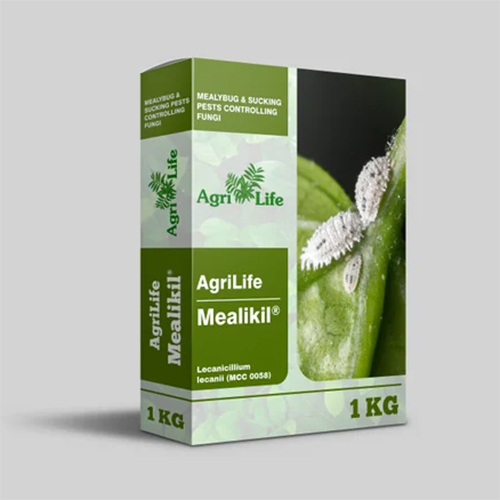
Mealikil (Verticillium Lecanii)
282.75 INR/Liter
Product Details:
- Purity 100%
- Shelf Life 12 Months
- Physical State Powder
- Usage Industrial
- Packaging Type Box
- Size Standard
- Grade A
- Click to view more
X
Mealikil (Verticillium Lecanii) Price And Quantity
- 282.75 INR/Liter
- 10 Kilograms
Mealikil (Verticillium Lecanii) Product Specifications
- Agriculture
- Other
- Standard
- 100%
- Box
- 99 %
- Industrial
- A
- Powder
- 12 Months
Mealikil (Verticillium Lecanii) Trade Information
- 1000 Kilograms Per Week
- 7 Days
- Free samples available with shipping and taxes paid by the buyer
- 1 Kg, 5 kg, 10 Kg, 25 Kg
- Asia, Australia, Central America, North America, South America, Middle East, Africa, Eastern Europe, Western Europe
- All India
Product Description
Mealikil contains conidiospores of Lecanicillium lecanii. The composition is customised to comply with regulatory guidelines of respective countries. Lecanicillium lecanii is a proprietary strain and compliant with National Bio Diversity Authority guidelines and has Access Benefit Sharing (ABS) agreement with the State Bio Diversity Board for payment of royalty to the habitat from where the microbes have been isolated. The strain is under Patent deposit certificate with Budapest Treaty recognised depository.Conidial penetration: The microscopic conidial spores of the Lecanicillium lecanii are slimy and attach to the cuticle of the insect. Hyphae from the germinating spores are produced that penetrate the insects integument and destroy the internal contents of the insect.
Enzyme production: Lecanicillium lecanii mycelia produce an octacyclodepsipeptide toxin called bassianolide that consists of four molecules each of D-hydroxyisovaleric acid and L-Nmethylleucine which have insecticidal properties. The fungus produces other insecticidal toxins such as dipicolinic acid. These toxins weaken the hosts immune system (of insect) and aid in eventually killing it.
Growth: Once inside, Lecanicillium lecanii replicates and consumes the insects internal contents eventually killing it. The fungus eventually grows out of the insects cuticle and starts sporulating. Infected insects appear as white to yellowish cottony particles. Lecanicillium lecanii infects the insect on contact and does not need to be consumed by the host to cause infection.
Benefits:
- Mealikil effectively controls economically important sucking pests such as mealy bugs, aphids, thrips , jassids , whitefly and leaf hoppers for a wide range of crops.
- Pathogenic pest load reduction leads to improved plant health and thereby increased crop productivity.
- Mealikil can be used as an effective component in Integrated Pest Management (IPM) programmes, thereby leading to a reduction in use of chemical pesticides and creating a safer environment.
Tell us about your requirement

Price:
Quantity
Select Unit
- 50
- 100
- 200
- 250
- 500
- 1000+
Additional detail
Mobile number
Email


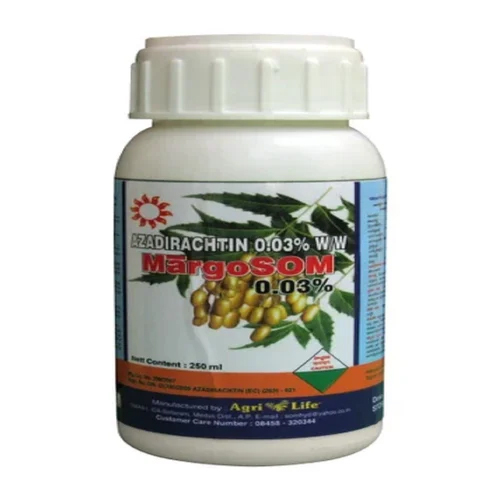
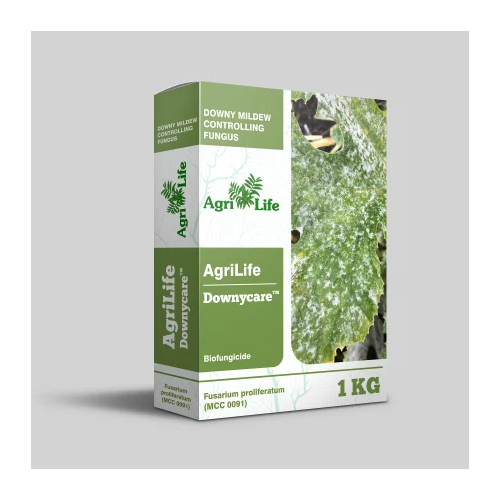
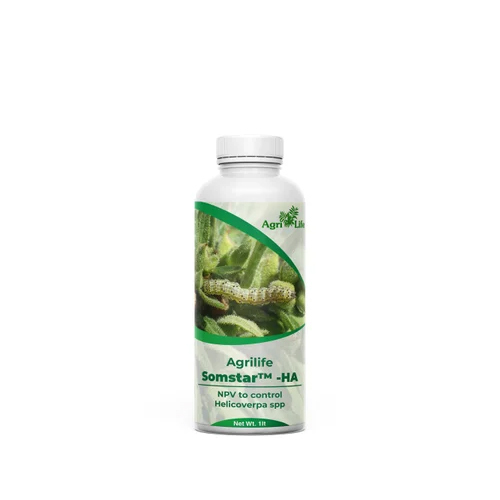
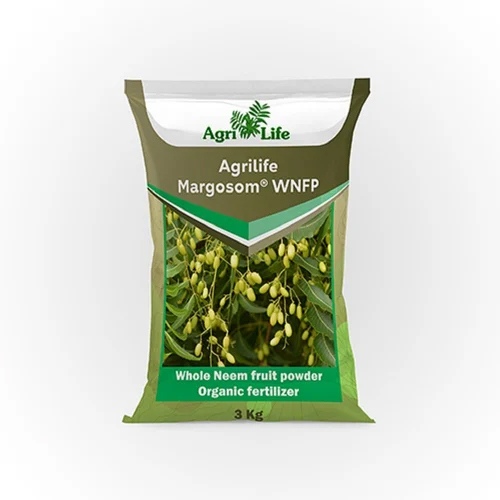

 English
English Spanish
Spanish French
French German
German Italian
Italian Chinese (Simplified)
Chinese (Simplified) Japanese
Japanese Korean
Korean Arabic
Arabic Portuguese
Portuguese